We share the lowdown on what makes organic cotton the right choice for your baby sling and why we think it is worth going the extra mile for.
Why choose organic cotton?
There's been increasing concern about lingering pesticide residues in cotton textiles. This has created a demand for organic cotton, which uses neither chemical pesticides nor genetically modified seeds.
Organic cotton refers to any plant variety and staple length, so long as it is not genetically modified and it's grown without the use of chemical fertilisers and pesticides. Regulating bodies in the EU, Japan, and the US oversee the enforcement of organic claims.
In organic production systems, the farmers use local resources often produced on the farm (compost, manure, natural pesticides), meaning the exposure to dangerous chemicals is reduced for the farmers, weavers, knitters, dyers, printers and everybody else involved at all stages of manufacturing. Organic farms focus on maintaining the biodiversity and health of their land, making farming in this way a much more sustainable process than simply using harsh chemicals to increase yields.
It costs more to have our fabric made from organic cotton however at Oscha we think it's worth it and we know our fabulous customers do too!
Organic Certification
Our organic cotton is certified by the Global Organic Textile Standard (GOTS) which sets a worldwide standard for textiles (clothing, home textiles, and personal care products) made from certified organically produced raw materials. It includes strict environmental and social criteria for operations along the entire textile supply chain
GOTS prohibits the use of the kinds of chemicals commonly used in textile processing. Cotton certified by GOTS has not only been grown organically, it has been processed organically too. This means that inputs such as dyes and inks have met strict biodegradability and toxicity rules and waste water is treated before it's let out into the environment - protecting local ecosystems and communities.
Organic Cotton Properties and Care
Cotton has excellent absorption capabilities and will retain 24-27 times its own weight in water making it stronger wet than dry. Because cotton both absorbs and releases perspiration quickly it allows the fabric to breathe.
Our weavers have often commented on the strength of the cotton we use, which produces far fewer breakages during the weaving process than is common for cotton yarns! This makes our organic cotton wraps strong and durable - perfect for carrying your little one.
Cotton can be washed at high temperatures without damage to the fabric however it can shrink a little and so our cotton wraps are cut generously to allow for a shrinkage. Wraps will retain their colour longer if they are washed in warm to cool water. Do take care if you're enjoying a day on the beach as any cotton fabric may oxidise and turn yellow if left lying under a strong sun for too long!
Organic Cotton's Wrapping Qualities
Cotton wraps are comfortable to wear because of their softness, which also means they drape beautifully. Wraps with a high percentage of cotton require very little breaking in and are easy to handle and fold.
The Cotton Story
There are two different species of cotton plant within the same genus; gossypium barbadense is the long staple cotton (known generically as Pima Cotton), and gossypium hirsutum is the short staple cotton. Long staple cotton is more difficult to grow but produces an exceptionally fine and strong fibre so it is used in the warp of many of our fabrics for dimensional stability and durability.
All parts of the cotton plant are useful; cottonseed oil is used for cooking oil, in salad dressing and in lots of snack foods. The meal and hulls that remain are very high-quality proteins and are added to animal, poultry and fish feed, as well as to fertiliser.
The fibre, or lint, from which the yarn is made is also used in making many other products including high-quality paper, batting for padding in mattresses and cushions, and as lint in medical and cosmetic goods.
Cotton is grown successfully in temperate, subtropical and tropical regions in over 80 countries worldwide. Around 350 million people are employed in its production and the US and Africa are amongst its biggest exporters.
Cotton planting, harvesting and spinning can be done entirely by hand or it can be highly mechanised; 70% of the world's cotton production is harvested by hand.
Lots of water is needed to grow and to produce cotton and it also needs fertile soil. For these reasons other plants such as hemp and bamboo are considered more ecologically friendly however many of the poorest countries in the world rely on cotton for their existence; in Mali, for example, around 40% of rural households depend on it to survive.
More on the story of cotton, especially in the US, can be found here.
Convinced to try an organic combed cotton wrap? Shop Organic cotton baby wraps, ring slings and carriers
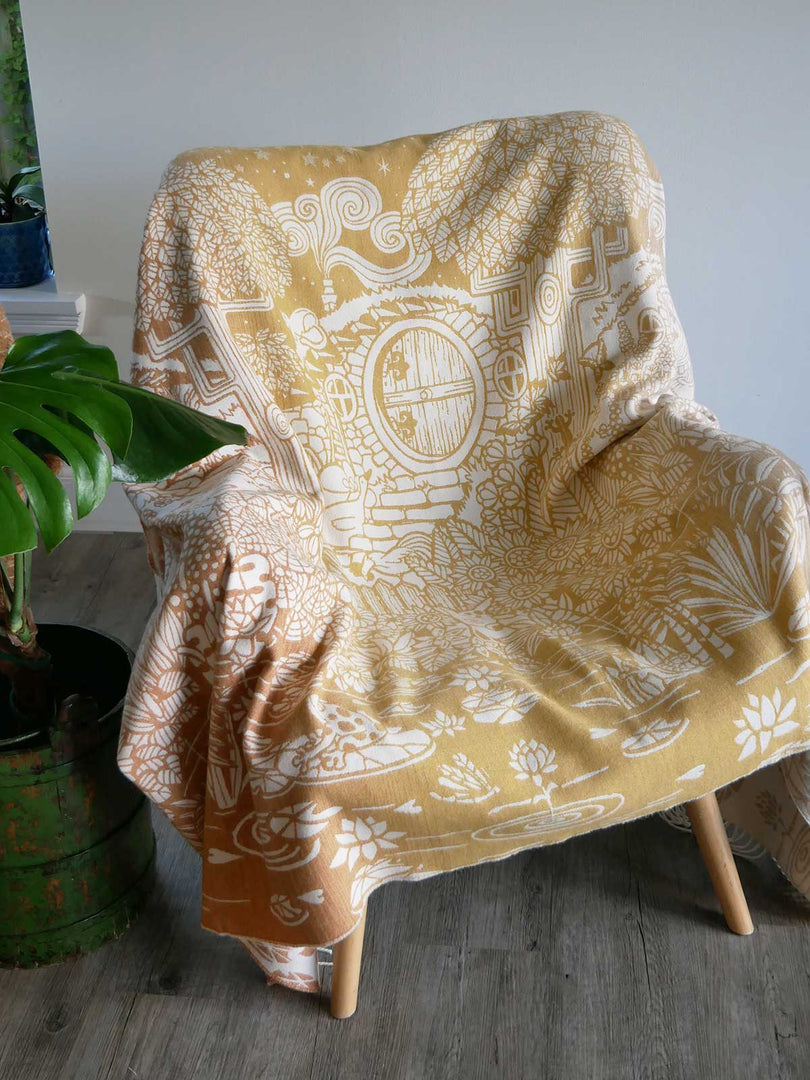








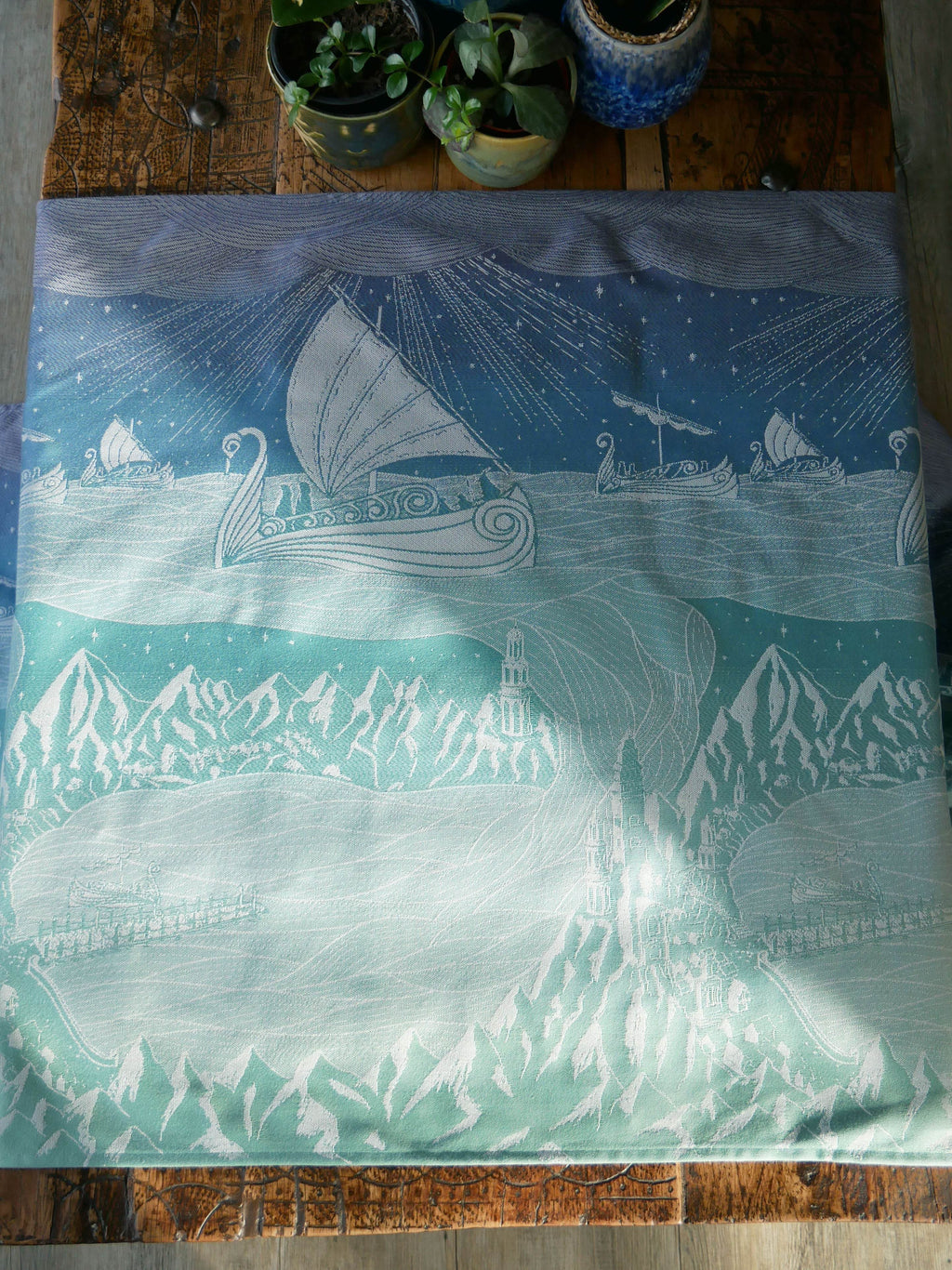

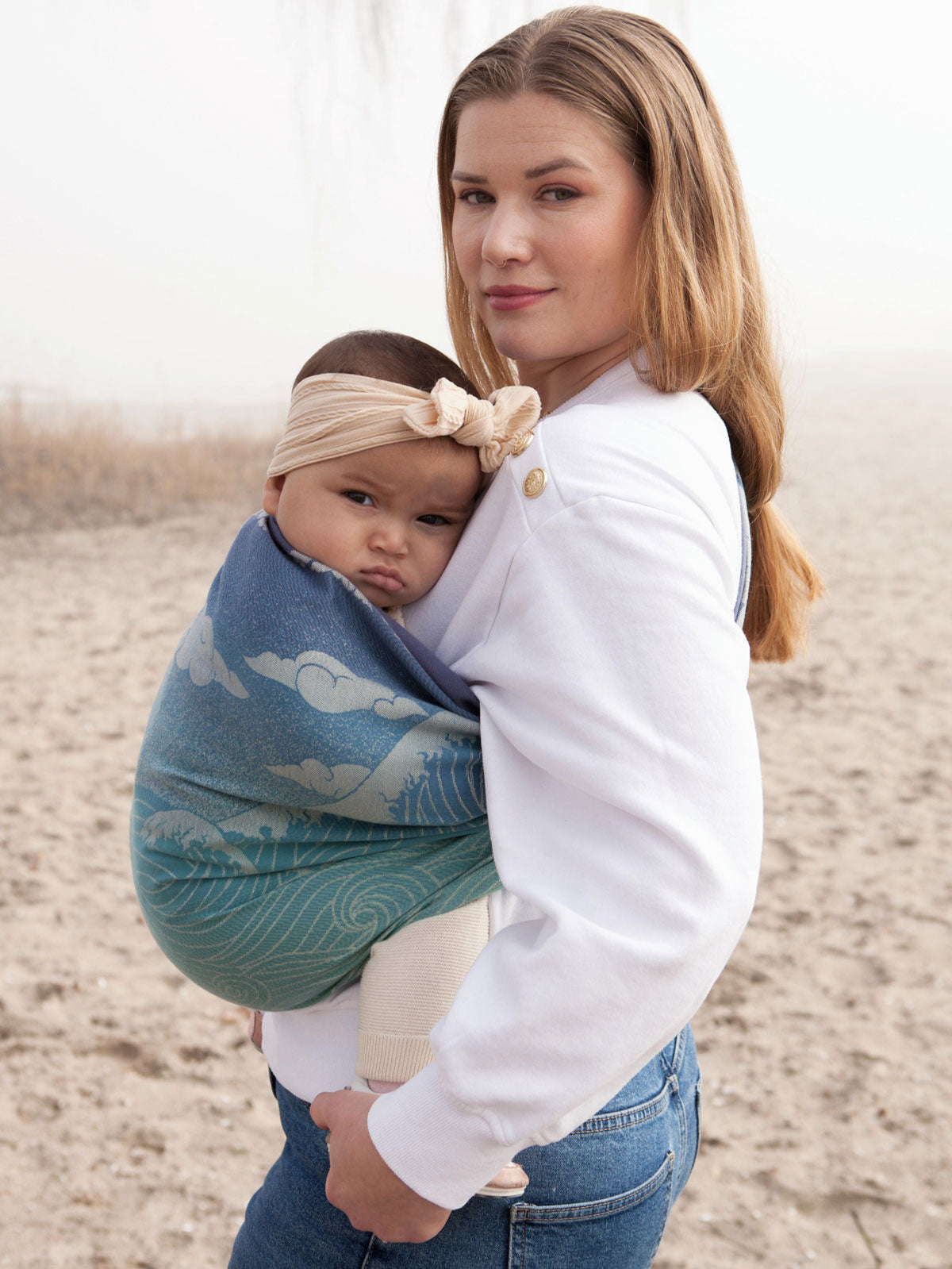
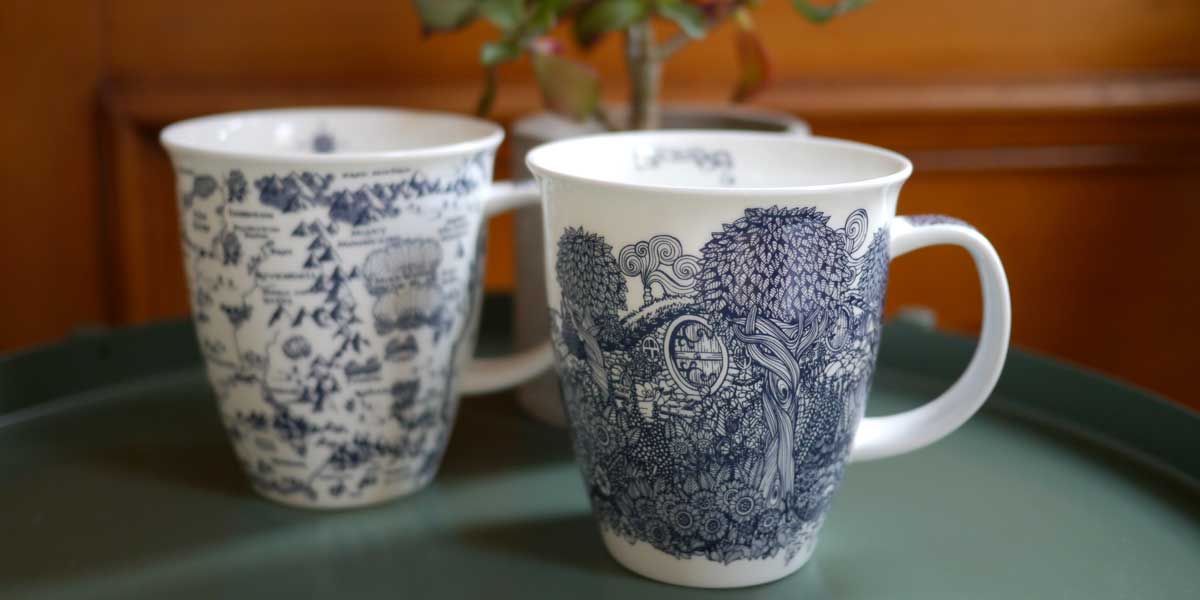
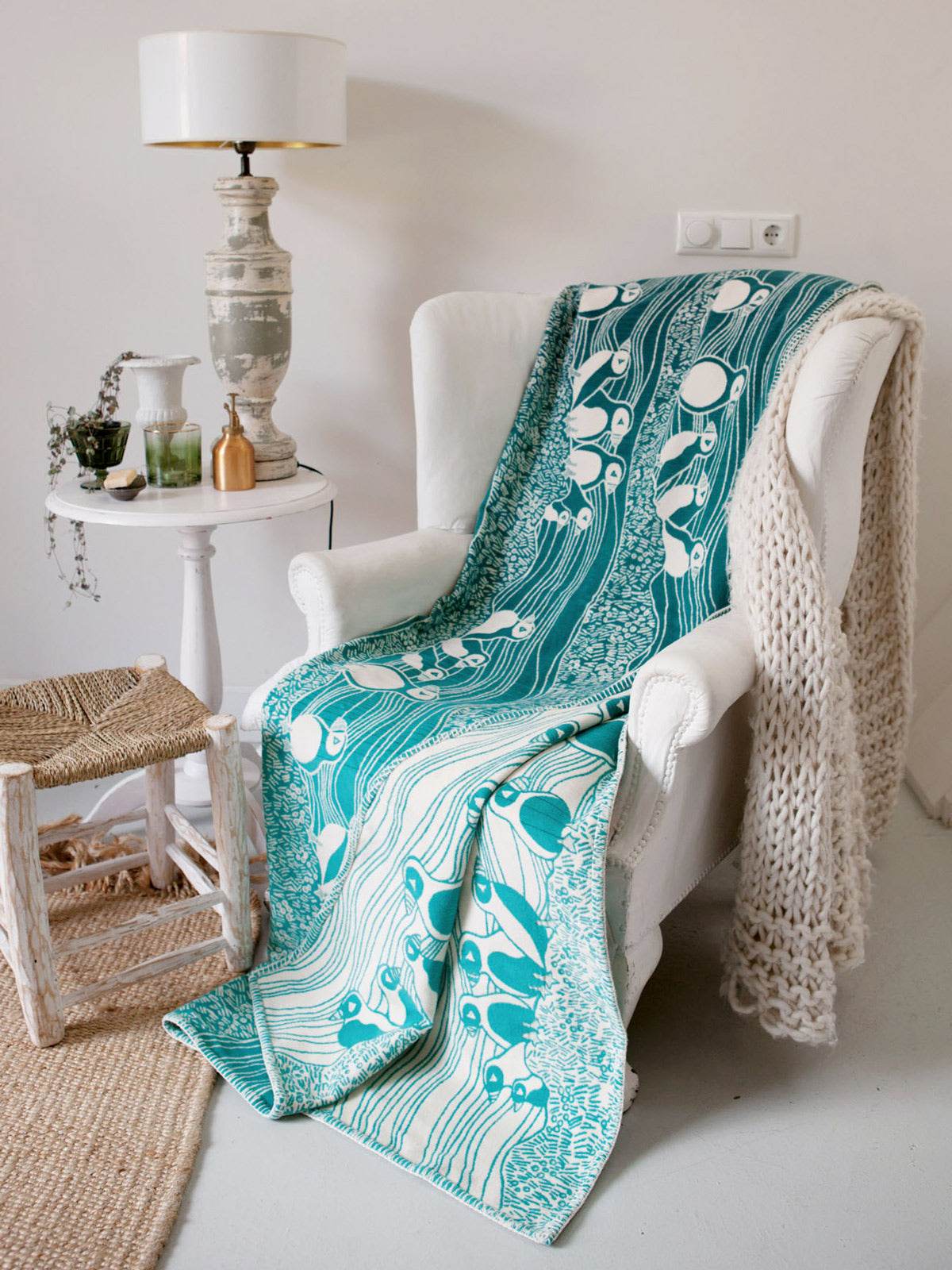
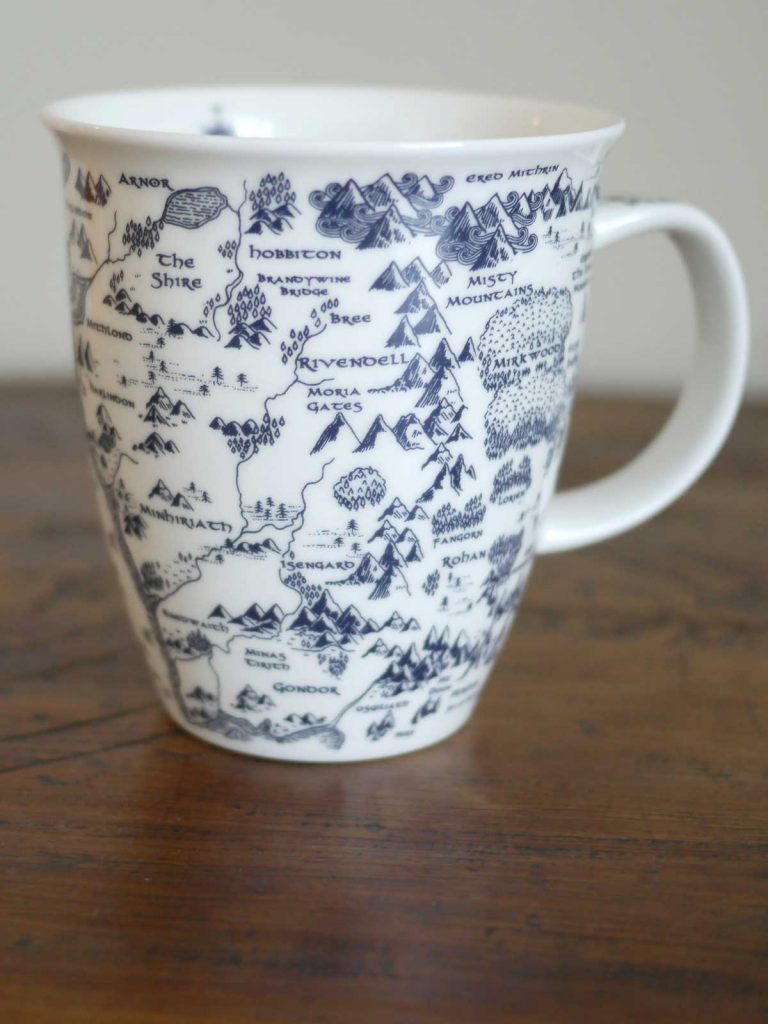



 https://oschaslings.com
https://oschaslings.com